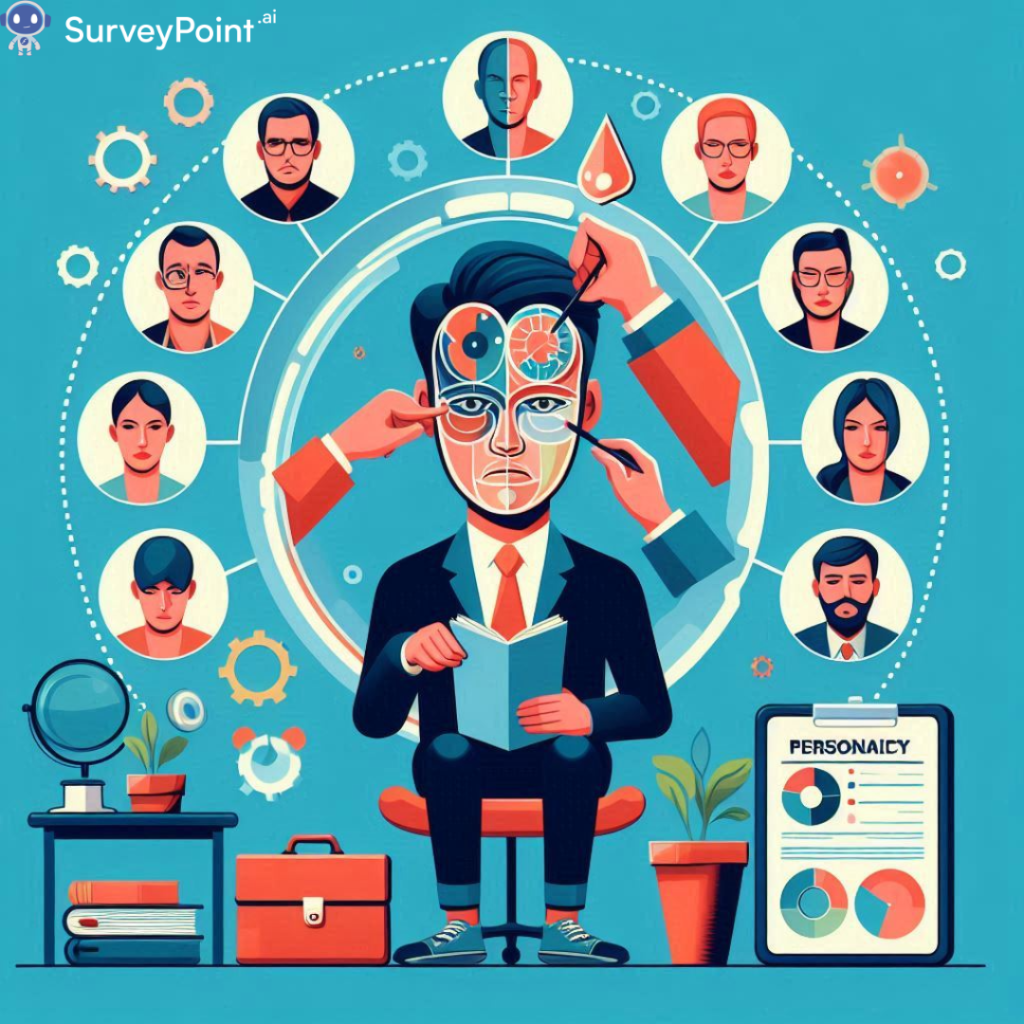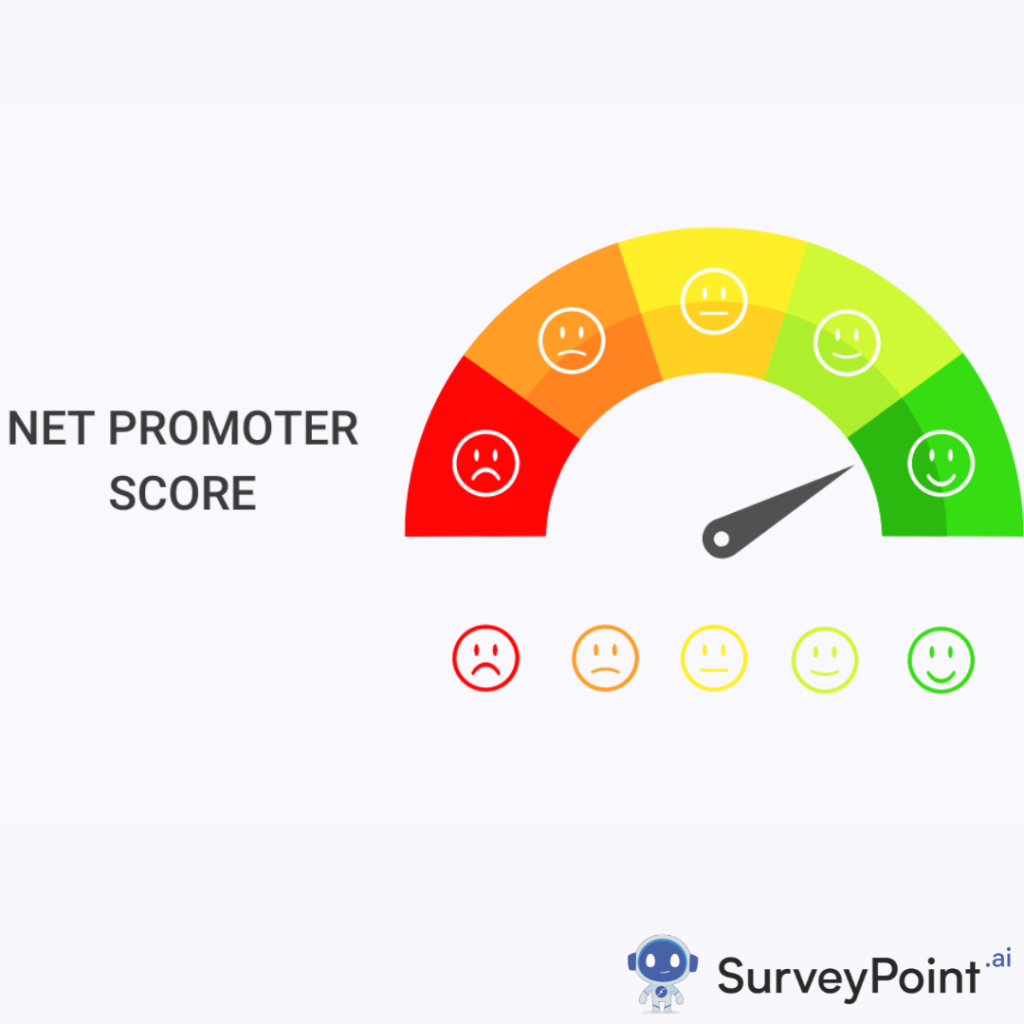
In today’s rapidly evolving world, technology plays an increasingly crucial role in shaping various aspects of our lives, including healthcare. From revolutionary advancements in medical devices to innovative applications of artificial intelligence (AI) in diagnostics and treatment, technology is fundamentally transforming the healthcare landscape.
This blog explores how technology is powering the future of healthcare, revolutionizing patient care, improving outcomes, and driving efficiency across the entire healthcare ecosystem.
1. Telemedicine: Breaking Down Barriers
Telemedicine has emerged as a game-changer in healthcare delivery, especially in remote or underserved areas. Through video conferencing, mobile apps, and other digital platforms, patients can now consult with healthcare providers remotely, eliminating the need for physical visits. This not only improves access to care but also reduces healthcare costs and enhances patient satisfaction.
2. Wearable Devices and Remote Monitoring
The proliferation of wearable devices such as smartwatches and fitness trackers has enabled continuous monitoring of vital signs and health parameters. These devices collect real-time data on heart rate, sleep patterns, activity levels, and more, empowering individuals to take proactive steps towards improving their health. Healthcare providers can also remotely monitor patients with chronic conditions, enabling early intervention and personalized treatment plans.
3. Artificial Intelligence and Machine Learning
AI and machine learning algorithms are revolutionizing healthcare by analyzing vast amounts of data to identify patterns, predict outcomes, and optimize treatment strategies. From medical imaging and diagnostics to drug discovery and personalized medicine, AI-powered technologies are driving unprecedented advancements in healthcare delivery. These technologies have the potential to improve accuracy, efficiency, and patient outcomes while reducing costs and workload for healthcare professionals.
4. Electronic Health Records (EHR) and Interoperability
The adoption of electronic health records (EHR) has streamlined patient information management, enabling seamless communication and collaboration among healthcare providers. Interoperability standards facilitate the exchange of health data across different systems and healthcare settings, ensuring continuity of care and enhancing patient safety. By digitizing health records, healthcare organizations can improve efficiency, reduce errors, and empower patients to actively participate in their care.
5. Robotics and Minimally Invasive Surgery
Robotic-assisted surgery is transforming the field of surgery by enabling greater precision, control, and dexterity during procedures. Surgeons can perform complex operations with smaller incisions, leading to faster recovery times, reduced complications, and improved patient outcomes. Additionally, robots are being utilized for tasks such as medication dispensing, patient assistance, and rehabilitation, augmenting the capabilities of healthcare professionals and enhancing patient care.
6. Telehealth and Remote Patient Monitoring
Telehealth platforms and remote patient monitoring systems enable healthcare providers to remotely monitor patients’ health status and intervene when necessary. This is particularly beneficial for managing chronic conditions, post-operative care, and eldercare, allowing patients to receive timely interventions and support while reducing the burden on healthcare facilities. By leveraging technology to deliver virtual care, healthcare organizations can expand access to services, improve efficiency, and enhance patient satisfaction.
7. Personalized Medicine and Genomics
Advancements in genomics and precision medicine are revolutionizing the way diseases are diagnosed, treated, and prevented. By analyzing individuals’ genetic makeup and molecular profiles, healthcare providers can tailor treatment plans to specific patient characteristics, maximizing efficacy and minimizing side effects. Personalized medicine holds the promise of delivering more targeted, efficient, and cost-effective healthcare solutions, paving the way for a future where treatments are tailored to each patient’s unique biology.
Conclusion: Embracing the Technological Revolution
The future of healthcare is undeniably intertwined with technology, offering unprecedented opportunities to improve patient care, enhance outcomes, and drive innovation. From telemedicine and wearable devices to AI-driven diagnostics and robotic surgery, the possibilities are endless. However, with these advancements come challenges such as data privacy concerns, regulatory hurdles, and disparities in access to care. It is essential for stakeholders across the healthcare ecosystem to collaborate, innovate responsibly, and prioritize patient-centric care to fully harness the transformative power of technology in healthcare. By embracing the technological revolution, we can build a future where healthcare is more accessible, efficient, and personalized, ultimately improving the lives of individuals and communities worldwide.




